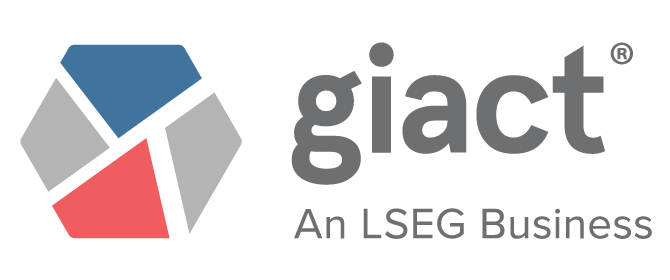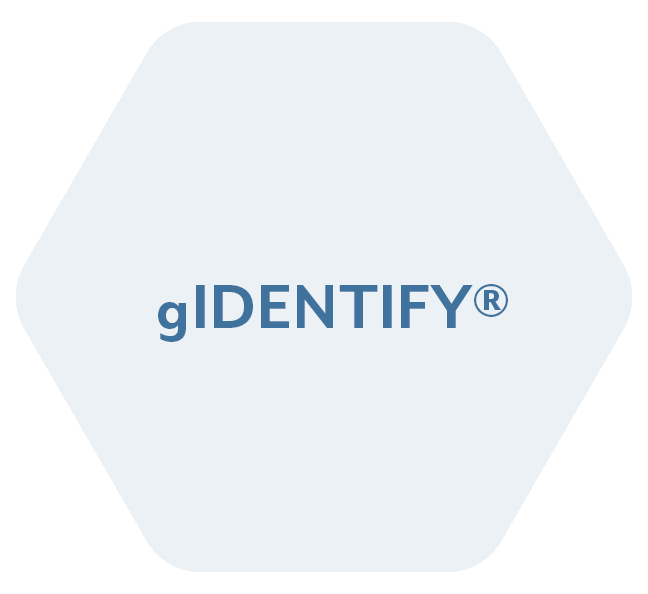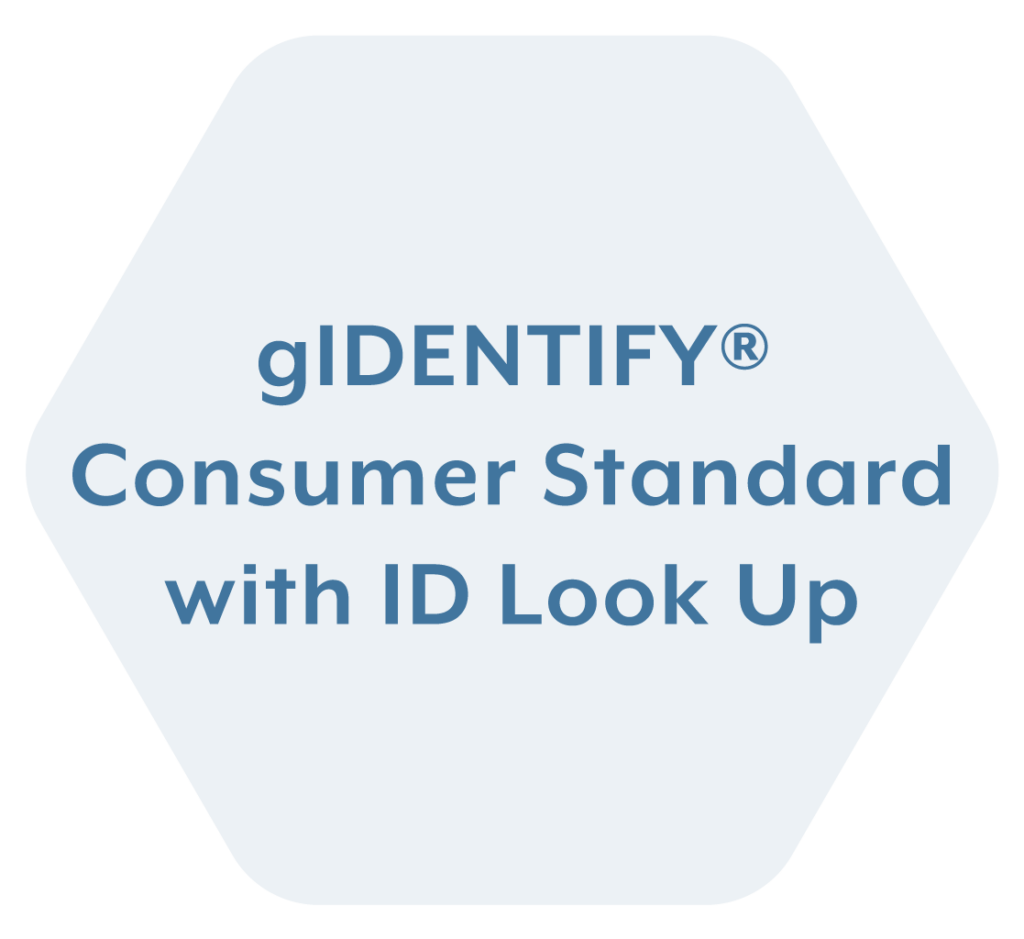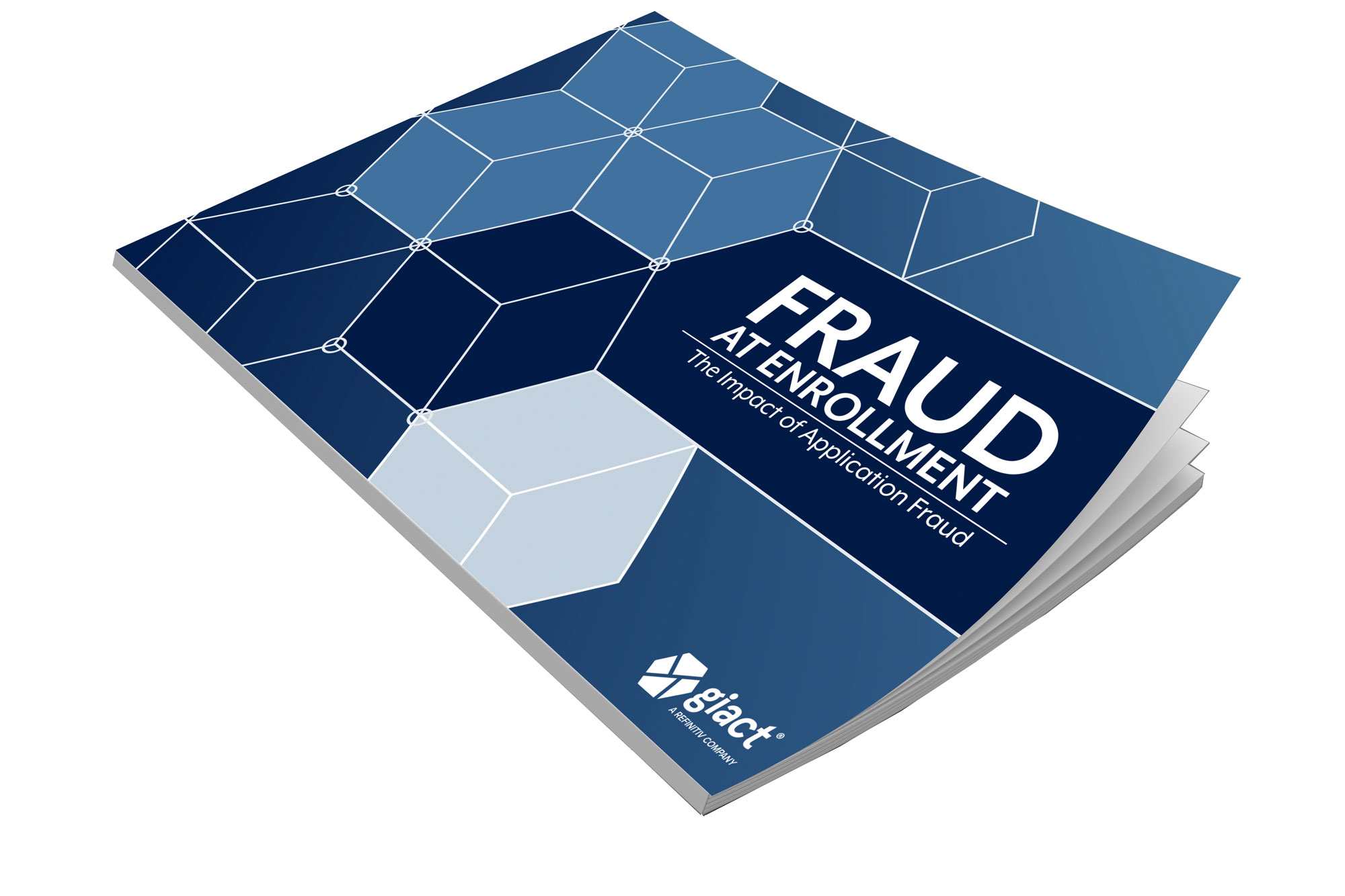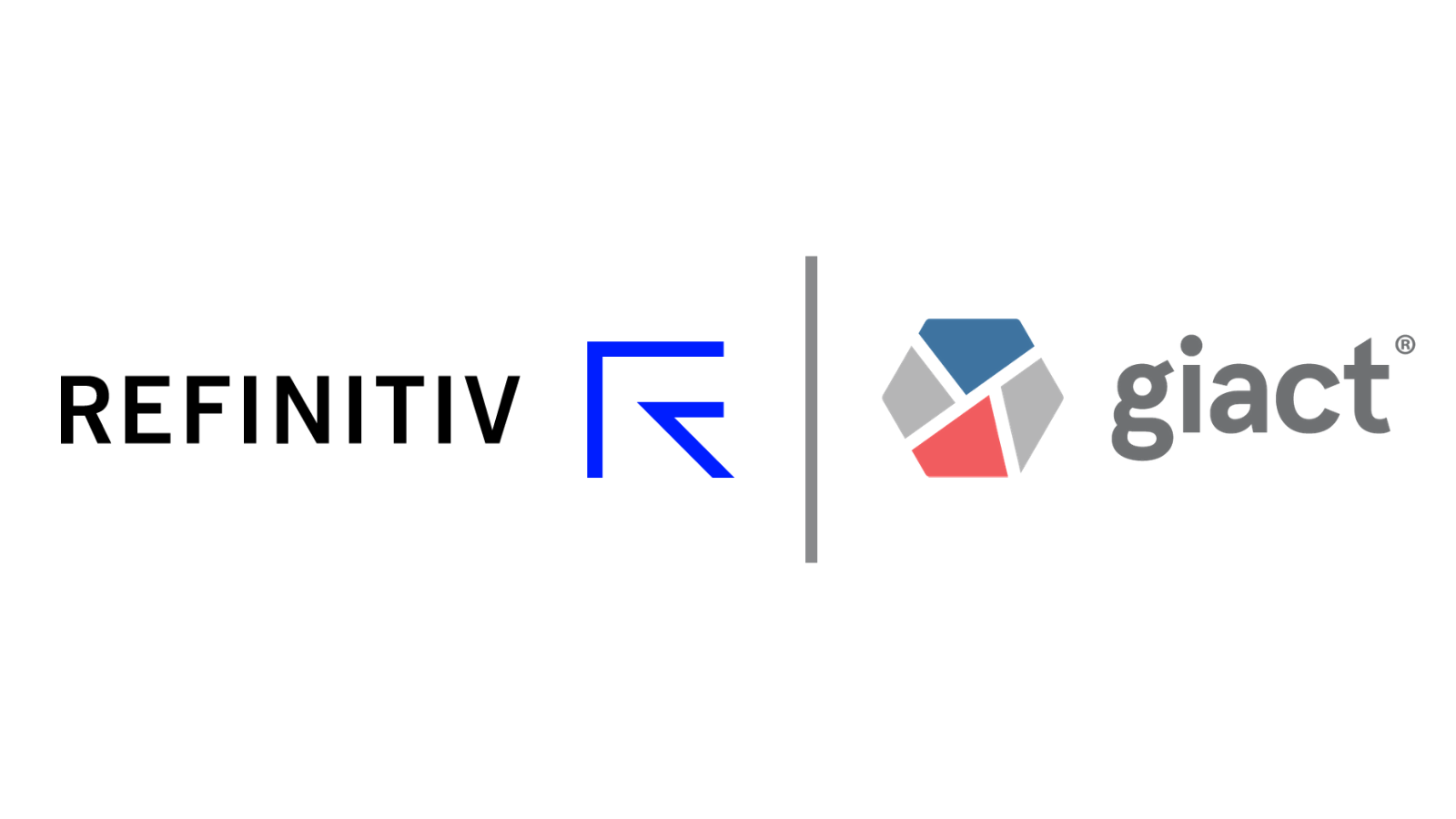It can be a moment of anxiety, worry and mistrust: that moment when a digital payment is sent into what was once called the ether. Will the funds end up in the right bank account? Will fraudsters hitch a ride? Those and other questions can vex people involved in the transaction — and keep them glued to paper-based payments until the questions can be answered to their satisfaction.
One way around that — and to help pave the way for even more digital payments, especially in the B2B world, where paper still has a commanding role — is to offer reassurances, which often boil down to authentication and verification, and doing so in real time. That process was the subject of a recent PYMNTS discussion with Karen Webster that featured J. Christopher Ward, EVP and head of product management and operations for treasury management at PNC, and David Barnhardt, EVP of product at GIACT.
The Occasion?
The financial institution (FI) has announced a deal to employ verification services from GIACT to give commercial clients real-time fraud prevention capabilities. The technology offers authentication and verification during the transaction process to eliminate the anxiety of not knowing if the money will end up where it was intended — that is, to confirm that an account is open, active and in good standing before a payment goes through. PNC clients are able to gain access to GIACT’s technology via a single application program interface (API).
In short, the technology provides evidence of good funds to support a transaction. “Knowing who you are sending to, and who [you] are doing business with, is top of mind among companies in the marketplace today,” Ward told Webster.
The goal is to basically introduce a solid foundation of proactive action to these commercial payments instead of simply falling back into reactive responses. That is meant to be achieved by taking these real-time authentication and verification steps up front, before money is sent, rather than trying to chase down funds lost to fraud or mishap, which can take more time and expense.
“We are getting people off the paper path and into the digital world,” Ward added, explaining that the service injects confidence into the online payments process — confidence that already comes with paper-based systems centered around checks, which still tend to hold the trust of many within the corporate world.
After all, Ward said, without proper digital verification for payments, “it can be easier to do checks” — as they are well-understood and, for as old-school as they seem in this online world, they get the job done. Sure, check payments are expensive (between $3 and $20, depending on the estimate), but they are familiar and bring a sense of comfort and security. According to a recent PYMNTS webinar, 64 percent of B2B payments are still made with checks, even though 67 percent of consumer payments are made electronically.
“We are getting people off the paper path and into the digital world.”
J. Christopher Ward
EVP, head of product management, operations for treasury management at PNC
Why Proper Authentication Matters
However, digital commercial payments can be secure, too, and bring a bigger sense of comfort with more use — that’s what the experts helping to push B2B payments into the digital age have said, at least. With proper authentication and verification, and a process done in real time, commercial clients can have a head start on spotting and stopping fraud, instead of retroactively dealing with it after it occurs, Barnhardt said during the PYMNTS interview. In a sense, the API serves as a safety net, protecting legitimate payments from falling victim to fraud.
The GIACT service for PNC commercial clients serves as a business account acquisition tool, Ward told Webster, and could serve to promote other digital payment efforts by corporates, as the payment system in the U.S. becomes increasing modernized, especially at the B2B level. He said that PNC felt comfortable taking this step, in part, because it fits with the FI’s early investment in and adoption of faster payments in general.
Barnhardt said the GIACT integration with PNC for this payments authentication tool is “finishing up,” and that the bank will be able to offer a variety of ways for its clients to connect to and use the offering. As is the case in retail payments, the less friction, the better, which holds especially true when trying to nudge clients away from paper.
— via PYMNTS
